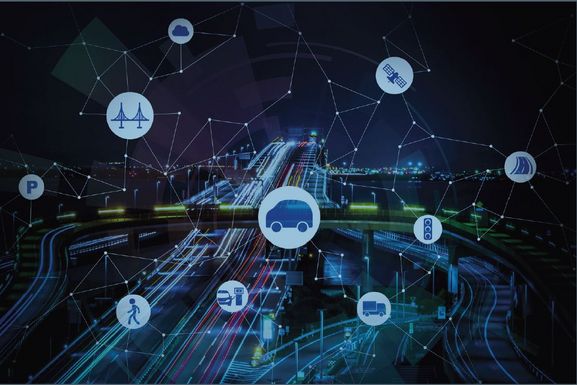TECNALIA is working on new technologies to efficiently transport people, goods and waste.
TECNALIA and Bilbao City Council have developed the Inclusiv-eBIKE pilot project to promote the use of four-wheeled electric vehicles in logistics tasks.
The initiative will reduce the impact of last-mile transport in cities, and will also help people with mobility problems commute in areas that are difficult to access.
On Friday, January 29, we held the EIT Urban Mobility virtual forum in San Sebastian, an initiative of the European Institute of Innovation and Technology. Donostia-San Sebastian city council, Gipuzkoa Provincial Council, DBUS, MUBIL and EIT Urban Mobility South Hub attended the event, along with around fifty “leading transport and mobility” companies.
Electromobility challenges
TECNALIA’s Head of Sustainable Mobility, Javier Coleto, identified two main aspects of the challenges posed by electromobility; “sustainability and everything to do with non-polluting mobility”, and the development of digital technologies to “improve the efficiency of these systems”.
At the meeting we talked about data management, last mile logistics, the use of new technologies, the transformation of the bus fleet to electric models, and how to promote digitalisation for automatic and self-controlled manoeuvres.
Mobility in cities
A number of driving assistance systems are currently being implemented. Javier Coleto explained that “they are able to act at a given moment to avoid obstacles and people when they detect them”, adding that “they are a key element for people who have difficulties in using public transport due to their limitations”.
Coleto concluded by remarking that “this decade will see many changes and they will be very evident in all aspects of mobility, particularly in cities”.

